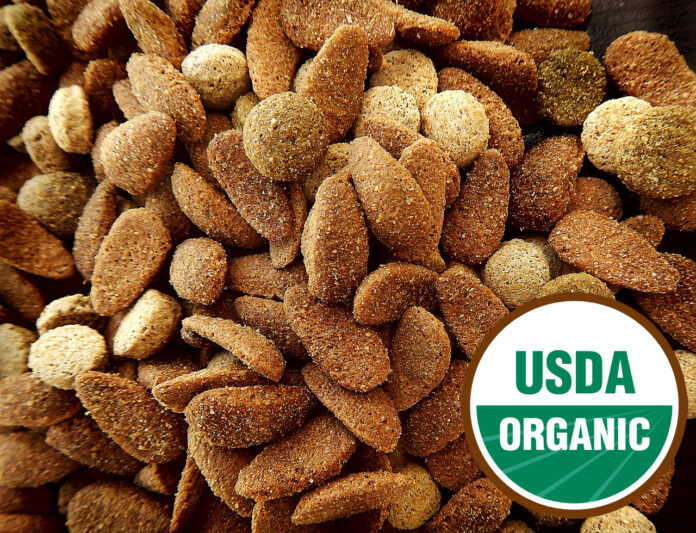Understanding Organic Pet Foods: A Comprehensive Guide for Pet Owners
The choice to feed pets organic food has become increasingly popular among conscientious consumers. In the United States, a significant percentage of the population—68% as reported in a 2016 survey—commonly purchases organic foods. However, when it comes to our furry companions, the availability of organic pet food is limited compared to human food options, which raises questions about whether the higher costs associated with organic products are justified.
The Cost of Organic Pet Food
Organic pet foods are typically much more expensive than conventional varieties. Reports indicate that organic dry foods can cost more than double that of high-quality non-organic pet foods. This prompts an essential inquiry: Are these additional expenses an investment in better health for our pets and the environment, or are they unnecessary costs?
Nutritional Value of Organic Foods: What the Research Says
Many consumers believe that organic foods are inherently healthier, but the evidence remains inconclusive. Three significant meta-analyses suggest only minor nutritional differences between organic and conventional foods:
- Small increases in antioxidants
- Higher phosphorus levels
- Increased omega-3 fatty acids in organic meat and dairy
While these differences may seem beneficial, the variations are minimal and unlikely to lead to significant health benefits. Nutritional content in food can fluctuate widely due to factors such as soil quality, seasonality, and storage conditions. Therefore, an organic apple doesn’t automatically have better nutrients than a conventional one.
Pesticide Use in Organic Foods
One of the primary motivations for purchasing organic foods is the desire to minimize pesticide exposure. It’s crucial to note, however, that organic foods are not devoid of pesticides; rather, they utilize different, certified organic pesticide alternatives. The effectiveness and safety of these pesticides can vary, and the levels of pesticide residues depend on several factors, including the type of food and geographical location. Resources such as Consumer Reports provide valuable information about pesticide levels in various produce and grains.
Environmental Impact: Organic vs. Conventional
The assumption that organic practices are better for the environment is not as straightforward as it appears. Although organic farming often uses fewer synthetic inputs, it can be less productive than conventional farming. Consequently, producing the same amount of food may require more land and resources. For consumers concerned about reducing their environmental footprint, a comparative analysis of farming methods may be beneficial.
Non-GMO Foods: Consumer Concerns
Many people opt for organic products to avoid genetically modified organisms (GMOs). While GMO crops are prohibited in organic products, current scientific research has found no evidence that GMOs pose health risks to humans or pets.
Regulations Governing Organic Pet Foods
It’s important to clarify that organic pet foods must adhere to the same USDA standards applicable to organic human foods. To qualify for the USDA organic seal, a product must contain at least 95% organic ingredients. Brands may also include labels like “made with organic ingredients” if they meet specific criteria.
Conclusion: Making Informed Choices for Your Pet’s Diet
As a responsible pet owner, your priority should be to ensure that your pet receives a balanced diet. If feeding organic aligns with your values and budget, it can be a great choice, provided you consult a board-certified veterinary nutritionist or thoroughly research the brand. However, if affordability and availability are concerns, conventional pet foods designed to be nutritionally complete are perfectly suitable.
Ultimately, providing your pet with regular exercise, veterinary care, and plenty of love are key components of their health and well-being, regardless of the specific diet you choose.











